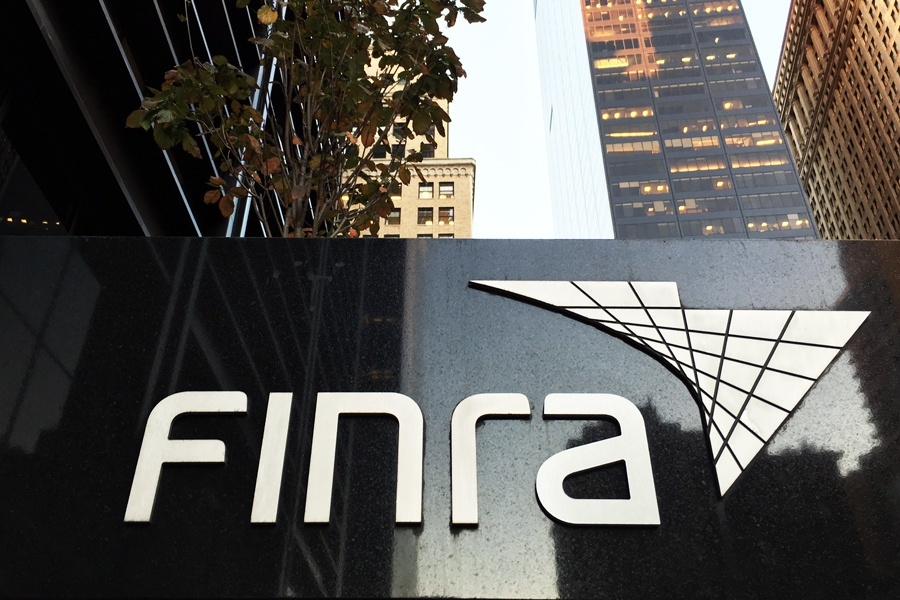

NewEdge Securities has agreed to pay a $90,000 fine as well as close to $45,000 in restitution after Finra found that it charged unfair prices across a raft of municipal and corporate bond trades.
The Pittsburgh-based brokerage firm is alleged to have charged customers unfair prices on 62 corporate bond transactions and six municipal bond transactions between June 2020 and March 2023.
“By failing to correctly assess the prevailing market price in 68 bond transactions during the relevant period, the firm caused its customers to pay more than they should have or receive less than they should have in transactions with the firm,” according to the letter of acceptance, waiver and consent.
Those shortfalls – which violated multiple rules of the Financial Industry Regulatory Authority Inc. and the Municipal Securities Rulemaking Board – effectively cost customers $44,927.83 as they paid more or received less than they would have if the transactions had followed Finra’s prevailing market price methodology.
The firm also failed to set up and maintain an adequate supervisory system, including written supervisory procedures, to ensure it was keeping compliant with Finra’s requirements around bond transactions, the document said.
Without admitting to or denying Finra’s findings, NewEdge agreed to sanctions including a $90,000 fine, pay restitution plus interest to its customers who were affected, and a censure.
The firm has also since engaged BondWave, a fintech provider focused on facilitating bond trading for financial advisors, to use its Effi system for calculating fair market values in line with Finra’s PMP requirements.

More advisors are using subscription models for financial planning services.

From Powell to China, president eases back rhetoric.

And profit guidance is set to weaken further in coming quarters.

Gold trades above $3,330 amid mixed tariff signals.

Strategic partnership with General Atlantic is reportedly close to fruition
RIAs face rising regulatory pressure in 2025. Forward-looking firms are responding with embedded technology, not more paperwork.
As inheritances are set to reshape client portfolios and next-gen heirs demand digital-first experiences, firms are retooling their wealth tech stacks and succession models in real time.
